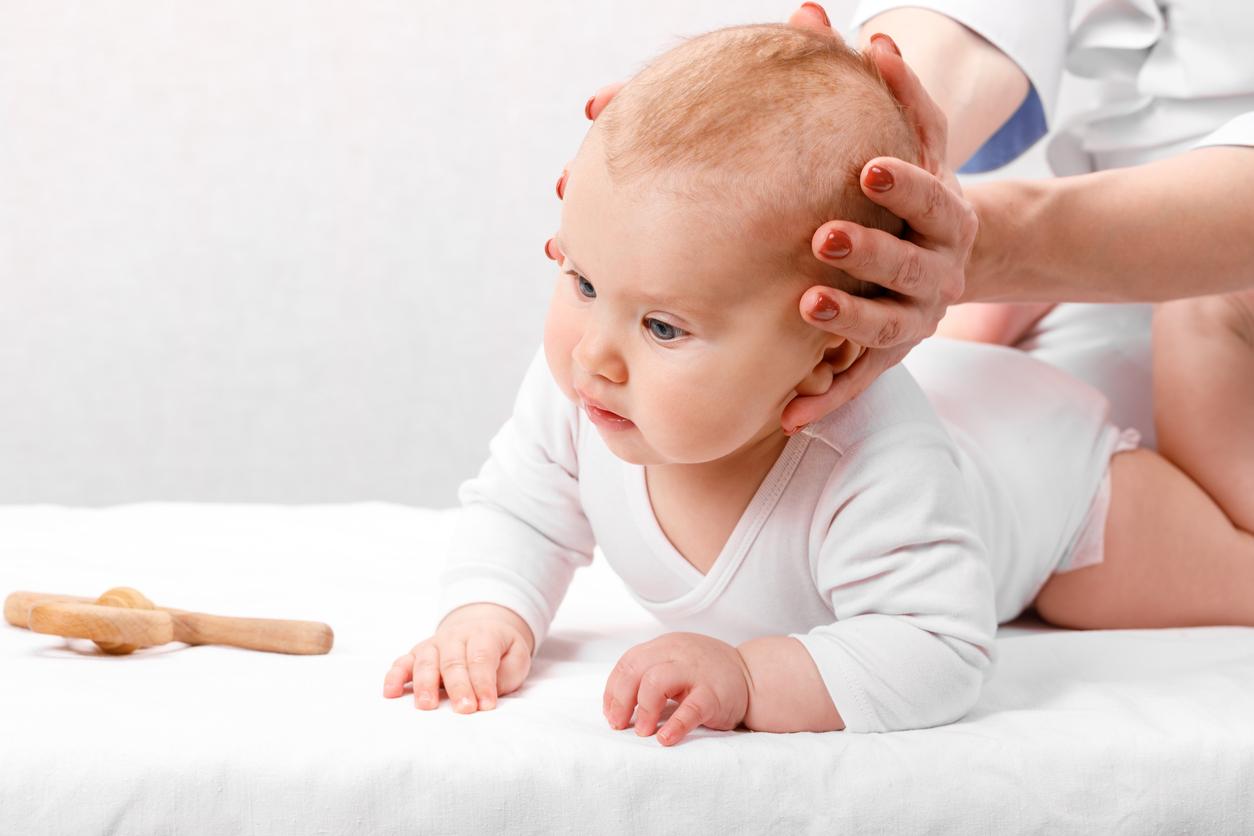Suffering from depression may increase your risk of suffering from period pain, according to a new study.

- Women are twice as likely as men to suffer from depression and often have more severe physical symptoms.
- A new study shows that depression may increase the risk of suffering from period pain, not the other way around.
- Researchers have also identified genes that could link the psychological disorder to painful periods.
Women are on average twice as likely to suffer from depression as men. The evidence gathered made it possible to establish a link between mental health and reproductive health, but the mechanisms allowing us to understand this association remained mysterious until now.
Chinese and British researchers have made a major discovery: a cause and effect relationship between depression and painful periods, also called dysmenorrhea. They also identified potential genes linking these two disorders. Their study was published in the journal Briefings in Bioinformatics on November 27, 2024.
Depression May Increase Risk of Period Pain
To better understand the link between depression and period pain, researchers analyzed the records of 600,000 European women and 8,000 Asians. “We used a specialized technique called Mendelian randomization to analyze genetic variation and identify specific genes that may play a role in the effect of depression on menstrual pain”explains Shuhe Liu, lead author of the study, in a press release. “Our results provide preliminary evidence that depression may be a cause, rather than a consequence, of dysmenorrhea, as we did not find evidence that menstrual pain increased the risk of depression.”
The researcher from Xi’an Jiaotong-Liverpool University (XJTLU), China, also noticed during her work that more frequent sleep disturbances were likely to worsen menstrual pain. “It may therefore be essential to address sleep problems in the management of these two conditions. However, further research is needed to understand the complex relationships between these factors.”she adds.

Depression and dysmenorrhea: for comprehensive care
For the scientist, this study highlights the importance of addressing mental health and reproductive problems in their entirety. “Mental disorders are often not considered in the treatment of conditions such as menstrual pain. Our results highlight the importance of mental health screening in people who suffer from severe dysmenorrhea. We hope this can lead to more personalized treatment options, better health care and a reduction in the stigma surrounding these conditions.”
“Our findings demonstrate that there is a connection between our neurological systems and the rest of the body. By exploring and better understanding these relationships, we can make a real difference to the millions of people who suffer from menstrual pain and bowel problems. mental health”warns Shuhe Liu.

















